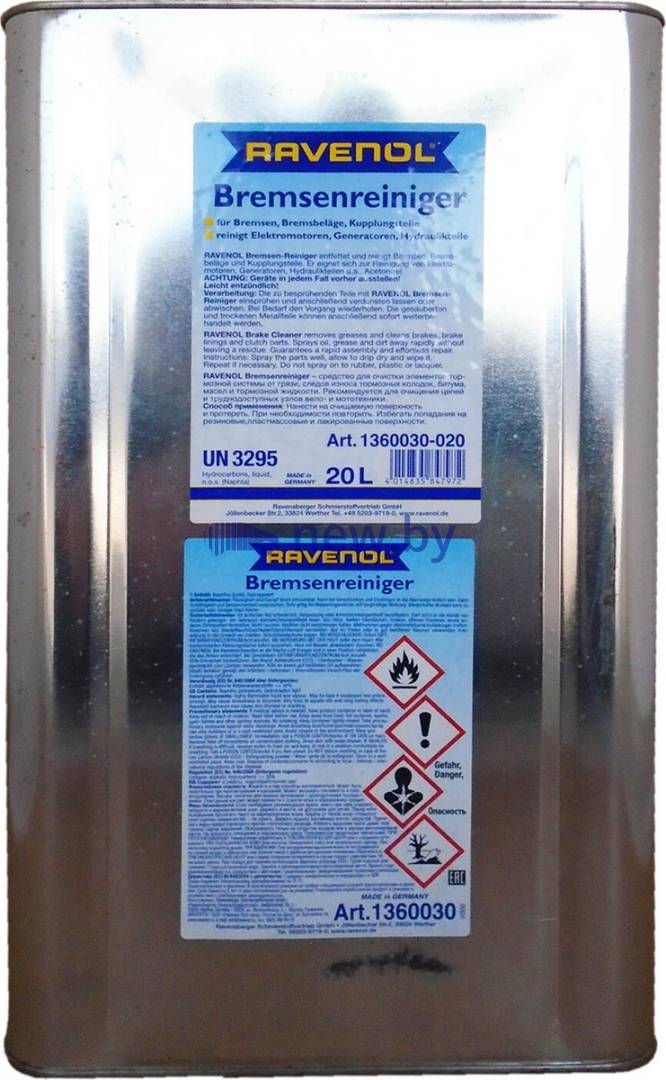Author Email:
previous participle, for example was broken, be prosecuted, is made, are changed. Passives can also be formed with the verb get, as in ‘Your vase got broken.’
Because the passive uses try a typical ability of English, he could be stated regarding OED only if particularly common otherwise noteworthy.
- LONGLIST v.,‘To place on a longlist’, is described as ‘Usually in passive.’ Passive uses are the norm (e.g. ‘The novel are longlisted for the Man Booker Prize’), although active uses are possible (you could say, for example, ‘The judges longlisted thirty novels’).
- Spread v. 12b is defined as ‘In Of people, animals, etc.: to be scattered, dispersed, or distributed over or throughout an area.’ All the examples of this sense show passive use, for example ‘The Rook was spread over the greater part of Europe’ and ‘the Monophysites?was indeed spread throughout Syria, Anatolia and Egypt.’
If a sentence is not grammatically passive but has a meaning similar to that of a passive, it can be described as ‘with passive meaning’. For example, you can say ‘I boil-washed the shirts’ (active) or ‘The shirts was in fact boil-sparkling‘ (passive); you can also say ‘These shirts boil-wash well’, which is not passive in form but is passive in meaning (= ‘These shirts can be cook-washed‘). At BOIL-Clean v., this type of use is noted: ‘Also occasionally intransitive with passive meaning.’
inactive infinitive
An infinitive such as to eat or to question may be used in a passive form: to be eaten or to get requested. Such forms are called passive infinitives. Passive infinitives often function as goes with of adjectives or objects of verbs, for example ‘They was strange to be questioned‘ or ‘These apples need are consumed.‘
Such as for instance, ‘My personal puppy broke their vase’, ‘Law enforcement tend to prosecute trespassers’, ‘John speaks Spanish’, and ‘The latest cinch howled’ are energetic phrases. Various types of effective phrase will likely be changed into passives, like ‘Your own vase was busted by the my personal dog’ (come across passive).
- In phrasal verbs sections, combinations of verbs and adverbs are described as ‘With adverbs in specialized senses’, for example to power down and to power up at Strength v.
A case is an inflected form of a noun, pronoun, or adjective which expresses its grammatical relationship with other words. http://www.datingranking.net/pl/christian-cupid-recenzja/ For example, the fact that a noun is in the nominative case indicates that it is the topic of the verb.
- RUMOUR v. 2a is described as ‘Frequently in passive with anticipatory it as subject and subordinate clause’, referring to examples such as ‘It was rumoured amongst the common People.. that the Plague was a student in the city.‘
- The examples at Church letter. 1 1b are described as ‘Without article’. In these examples, church occurs without the or a, such as ‘people going in and out out of chapel‘ or ‘time spent within the church‘.
preferred noun
[The phrase subservient can be used inside unrevised OED records plus in records revised ahead of 2019. Entries or parts of entries changed just like the 2019 play with detailed text, for analogy during the Resentful adj. C1b: “Having present participles, building adjectives in which angry conveys the latest complement of your underlying verb, such as annoyed-appearing, angry-category of, an such like., adjs.”]Old English had around three genders: masculine, female, and you can neuter. Although not, the loss of happening program in the Center English meant that the difference ranging from grammatical genders disappeared almost entirely.
- The use of knavery to mean ‘an act that is characteristic of a knave’ is treated at KNAVERY n. 1b, where the definition is introduced by ‘as a count noun’. One of the examples quoted is ‘there are men and women living on crusts in garrets because of his knaveries‘.
- Nursing assistant letter. 1 nine is described as ‘Used without determiner to denote a particular nurse’. An example is ‘A doctor can tell a client: “Nurse will see you right away”’.
- At Browsing v., meaning ‘am/is going to’, sense 2a(a) covers uses with a subject, e.g. ‘what I gonna do’ (with the subject I). Sense 2a(b) covers uses ‘with ellipsis of subject’: for example, in ‘Gonna be a burner today’, the subject (it) is omitted.
About OED, case-inflected different pronouns are typical addressed as the separate words (e.grams. He pron., Him pron.), whereas verb, noun, and you will adjective inflections are typically managed within the same term.
Modifiers may be described more specifically as premodifiers or postmodifiers, depending on whether they come before or after the modified word, phrase, or clause.
nominative
You can often convert an active sentence into a passive sentence, by making the direct target of the active verb the grammatical subject of the passive verb, and either expressing the subject in a phrase with by or omitting it altogether. For example:
89 total views, no views today








